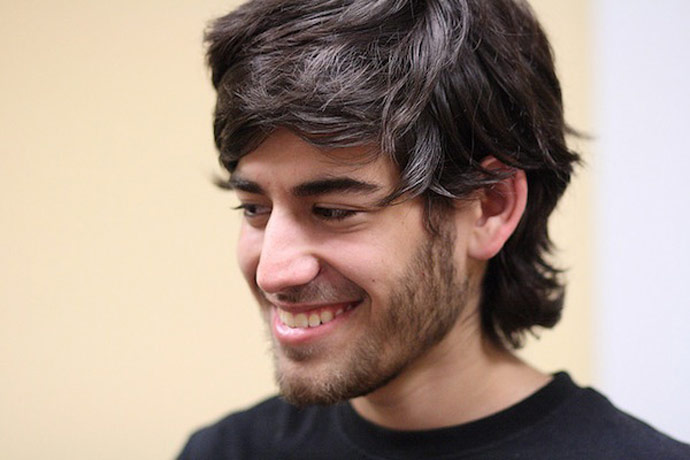MIT Investigating Its Role In Aaron Swartz Suicide

Image via Flickr/ ragesoss
The president of the Massachusetts Institute of Technology has promised an investigation into MIT’s role in the prosecution of Aaron Swartz that many now believe led to Swartz’s Jan. 11 suicide. In an open letter to the academic community, university president Rafael Reif also expressed his condolences to Swartz’s friends and family.
I want to express very clearly that I and all of us at MIT are extremely saddened by the death of this promising young man, who touched the lives of so many,” Reif wrote. “It pains me to think that MIT played any role in a series of events that have ended in tragedy.”
The “series of events” to which Reif referred are the arrest and prosecution of 26-year-old computer whiz and Internet activist Swartz after he allegedly hacked into MIT’s computer system in order to access academic articles and make them available for free on the Web. After Swartz downloaded an alleged 4.8 million academic papers from the academic database JSTOR in 2011, JSTOR and Swartz settled the dispute, but MIT notified police to investigate Swartz, leading to Swartz’s prosecution.
Swartz faced up to 35 years in prison and $1 million in fines. The ordeal placed particular strain on Swartz who had long suffered from depression. His suicide occurred days after the Massachusetts attorney’s office refused a plea deal with Swartz’s attorney, arguing that Swartz must plead guilty to every count and serve jail time.
Swartz was well-known in the world of Internet activism. At age 14, he helped develop RSS technology, and later went on to found the Reddit Web site. He later co-founded the political action group Demand Progress, which campaigns against Internet censorship.
Many familiar with the case felt prosecutors and MIT were mishandling it. According to Lawrence Lessig, who runs Harvard University’s Edmond J Safra Center for Ethics—where Swartz was a fellow in 2011—MIT should have followed JSTOR’s lead.
Early on, and to its great credit, JSTOR figured ‘appropriate’ out,” Lessig wrote. “They declined to pursue their own action against Aaron, and they asked the government to drop its. MIT, to its great shame, was not as clear, and so the prosecutor had the excuse he needed to continue his war against the ‘criminal’ who we who loved him knew as Aaron.”
MIT professor Christopher Capozzola also felt the requested punishment didn’t fit the crime.
What Aaron Swartz did was a clear violation of the rules and protocols of the library and the community,” MIT professor Christopher Capozzola told the Chronicle of Higher Education in 2011. “But the penalties in this case, and the sources of those penalties, are really remarkable. These penalties really go against MIT’s culture of breaking down barriers.”
Swartz body was found in his apartment after he apparently hung himself. His funeral will be held Jan. 15 in Illinois.









































